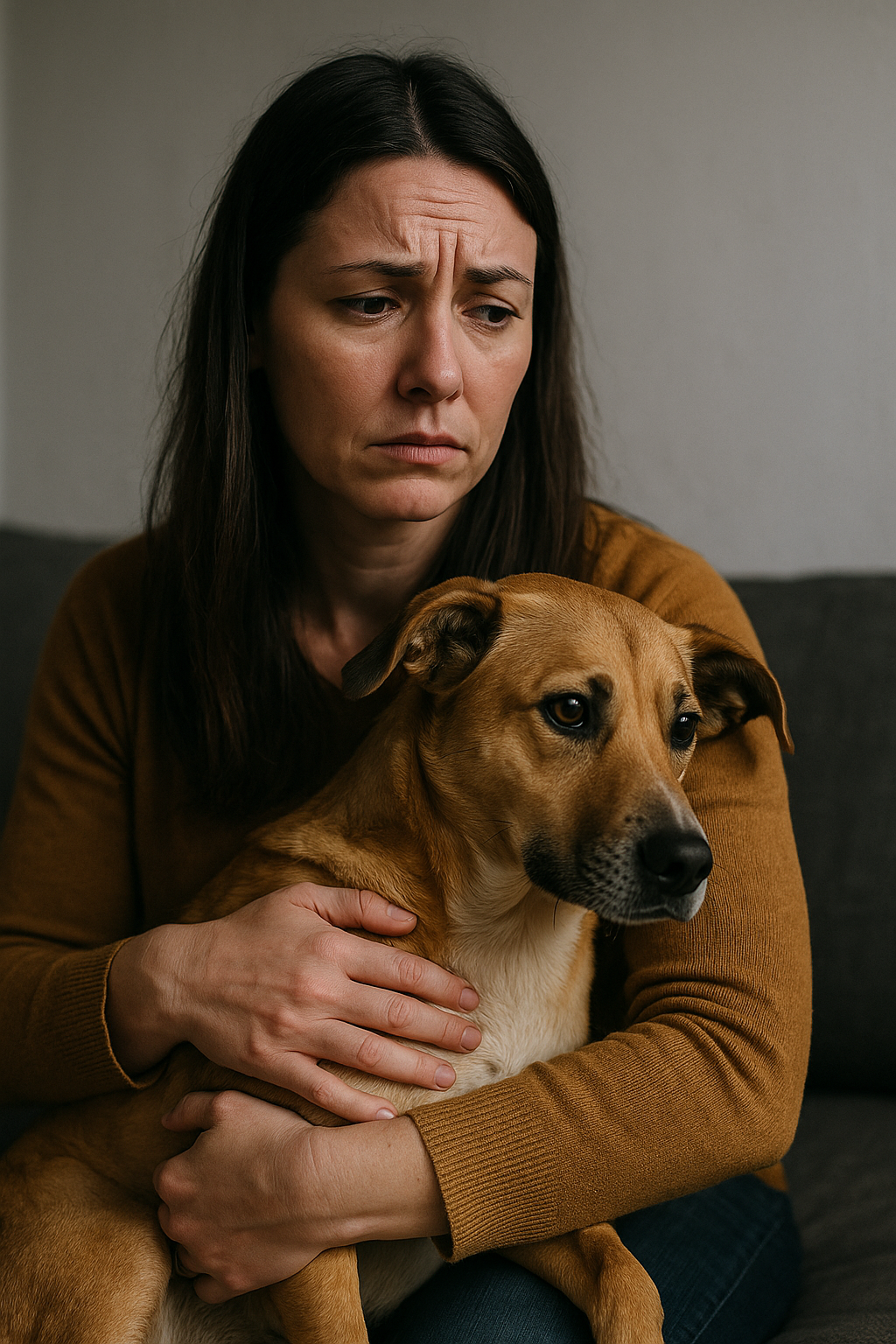Minister Calls for Stronger Protections for Pets in Family Violence Cases
A critical issue highlighted by Chhour is the lack of public awareness about existing legal protections for pets in domestic violence cases.

- Country:
- New Zealand
In a heartfelt and urgent message, Minister for the Prevention of Family and Sexual Violence Karen Chhour has called for greater recognition and protection of animals who suffer in the shadows of domestic abuse. Her remarks come amid growing concern from frontline agencies and advocacy groups about the brutal treatment of pets in abusive households across New Zealand.
“Pets are often the forgotten victims in family violence,” Chhour stated. “They are not just animals – they are family members, sources of comfort, and often lifelines for people trapped in terrifying situations. Abusers exploit that deep bond as a tool of control.”
Pets as Pawns in Cycles of Abuse
Chhour’s comments are grounded in sobering findings from Women’s Refuge, which show that more than half (53%) of women in abusive relationships delayed leaving out of concern for their pet’s safety. The fear is not unfounded: 24% of these women reported that their abuser had killed a pet – a shocking one-in-four figure that highlights the devastating reality faced by many survivors.
The Minister also cited disturbing reports from frontline workers who are seeing a rise in deliberate and sadistic acts of violence toward animals. These acts are not isolated or impulsive; they are calculated, part of a wider strategy to instil fear and submission.
“Using a pet to manipulate, threaten or punish someone is a deeply cruel form of control,” said Chhour. “The trauma inflicted extends beyond the immediate physical harm—it sends a chilling message to victims: no one and nothing you love is safe.”
Legal Protections Exist—but Few Know About Them
A critical issue highlighted by Chhour is the lack of public awareness about existing legal protections for pets in domestic violence cases.
“Under the Family Violence Act, when you apply for a Protection Order in New Zealand, you can request a condition that includes your animals,” she explained. “This allows the Family Court to legally prevent an abuser from harming, taking, or threatening your pets.”
Despite the legal provision, the option remains underutilized. Chhour believes this is partly due to a gap in the way these orders are framed and processed. The application and affidavit forms do not explicitly reference pets, which means survivors and their legal advocates may not even realize this protection exists.
A Ministerial Commitment to Reform
In response, Chhour is making a firm commitment to advocate for legislative and systemic change.
“My goal is to ensure pets are not just an afterthought in family violence cases—they must be part of the equation from the beginning,” she said.
Her priorities include:
-
Updating Legal Forms: Chhour wants to revise Protection Order forms and supporting affidavits to explicitly include pets and animal safety, making it easier for survivors to protect their animals from the outset.
-
Training for Legal Professionals: She is calling for enhanced education and guidance for lawyers, judges, and frontline support workers, so that consideration of pet safety becomes standard practice in family violence proceedings.
-
Raising Awareness Nationwide: Chhour urges the public to spread the word about pet protections under the Family Violence Act. “Too few people know that pets can be safeguarded by law. We need to change that—urgently.”
A Community Responsibility
Beyond government action, the Minister emphasized the collective responsibility of New Zealanders to help break the cycle of abuse.
“It starts with something as simple as asking a friend if they’re okay or helping them find support if they’re afraid to leave an abuser because of a beloved pet,” she said.
Chhour also stressed the importance of early education in shaping values. “We need to raise our children to understand that cruelty—toward people or animals—is never acceptable. Kindness must be non-negotiable.”
Support from Animal Welfare and Domestic Violence Sectors
Chhour’s stance has been welcomed by both animal welfare organizations and domestic violence charities. Many have long argued that the safety of companion animals should be an integral part of family violence prevention strategies.
Groups like SPCA New Zealand and Women’s Refuge have previously collaborated on emergency shelter programs that care for pets while survivors transition to safety. However, demand for such services far outstrips availability, leaving many victims to make impossible choices between escaping abuse and leaving their pets behind.
The Path Forward
While legislative changes may take time, Chhour’s commitment represents a significant step forward in how New Zealand addresses the intersection of animal welfare and family violence.
“This isn’t just a policy issue—it’s a moral one,” she concluded. “No one—two-legged or four-legged—should be left behind. Together, we can shine a light on this dark corner of domestic abuse and work toward a future where all members of the family can live free from fear.”
If you or someone you know is experiencing family violence, call 0800 733 843 (Women’s Refuge), 0800 456 450 (Family Violence Info Line), or visit www.areyouok.org.nz for confidential support.










